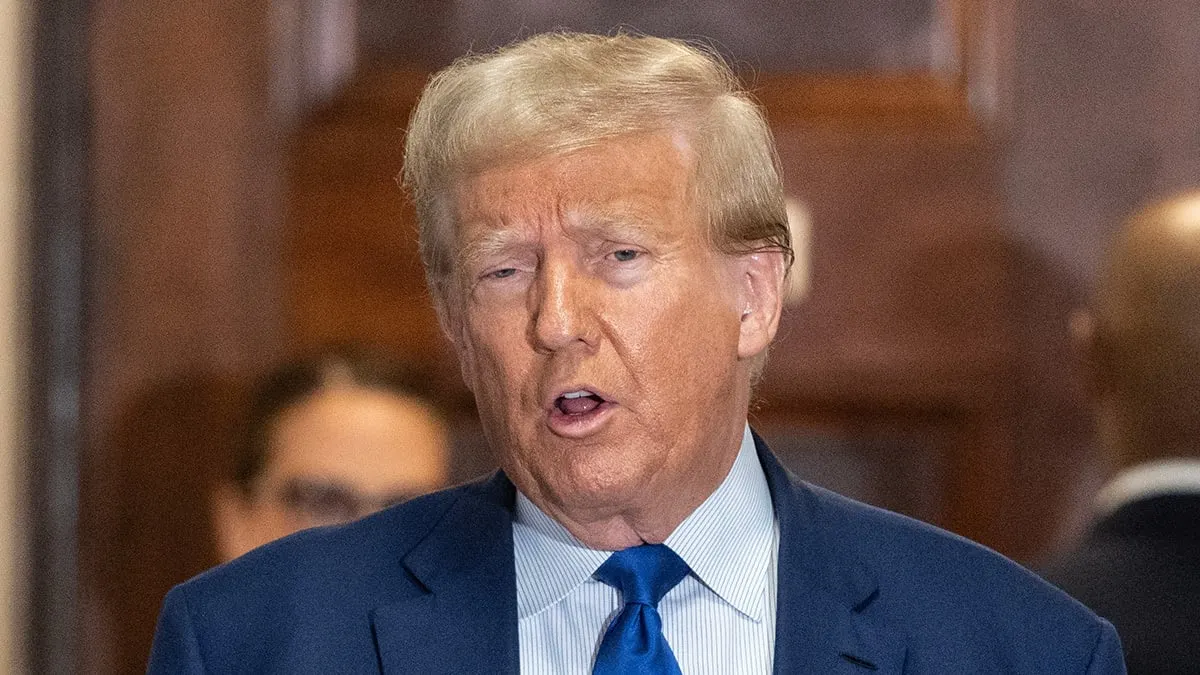It’s mathematically possible that crypto voters could determine the fate of the United States elections this November—at least, according to BitMEX co-founder Arthur Hayes, who also said he doubts Donald Trump's sincerity when it comes to crypto promises.
In a new blog post late Thursday, the outspoken Bitcoin billionaire Hayes used 2020 election figures to determine that the margins of victory in the Presidential, House, and Senate races are thin enough for crypto voters, as a bloc, to alter the outcome.
“If every Republican crypto holder in a select few states crossed party lines, 115 electoral college votes could be delivered to the Democratic nominee,” wrote Hayes regarding the presidential race. “This would ensure Biden wins.”
His math includes some major assumptions, however—one being that all 50 million crypto holders in the country are registered to vote, and will become single-issue crypto voters in 2024. He also assumes there will be a similar voter turnout as in 2020, and that there is a 50/50 split of Democrats and Republicans holding crypto.
According to survey data, most of these assumptions aren’t too radical. A study sponsored by Grayscale in April found that “nearly half” of voters “do not trust political candidates that would interfere with crypto,” and that 30% are “more likely to support a political candidate that is friendly to crypto.”
Another Grayscale survey a month later found that Republican crypto ownership (18%) roughly matches Democrat ownership (19%), and that an equal portion of respondents (30%) viewed both sides as more crypto-favorable.
Since those surveys were conducted, Donald Trump and the Republicans have been pulling out all the stops to position themselves as the pro-crypto party.
Donald Trump is going to win the election and #Bitcoin is going to 150K next year.
Nothing stops this train. pic.twitter.com/m5dTMFmzyL
— The ₿itcoin Therapist (@TheBTCTherapist) July 11, 2024
House and Senate Republicans unified to push through multiple pieces of pro-crypto legislation in May. Last month, Trump said he wants “all remaining Bitcoin made in the USA,” and the Republican Party has made the right to freely mine and transact crypto a part of its 2024 election platform.
Though both election polls and crypto oddsmakers have Trump likely winning the Presidency in November, particularly amid growing concern over Biden’s continued fitness for the role, Hayes says crypto holders are wrong to assume he’ll bring peace to the U.S. crypto industry.
“They erroneously believe that Trump is sincere and that if they just donate enough money, Operation Chokehold Crypto will vanish. That is poppycock,” Hayes wrote, adding that anything said regarding crypto today will be a “distant memory” should Trump land back in office.
Rather, Hayes believes the best pro-crypto work can be done before the election, while both parties are desperate to secure Bitcoin holders’ votes. He proposed a short bill that both parties could strive to pass, protecting all forms of money—including cryptocurrencies—as forms of protected speech.
“Once the bill is live, it’s time to pressure Democrats and Republicans to support it,” Hayes wrote. “The same carrot and stick apply: Support this bill, and the crypto voters in your district will vote for you; if you don’t support it, they will vote for your opponent.”
Edited by Andrew Hayward

